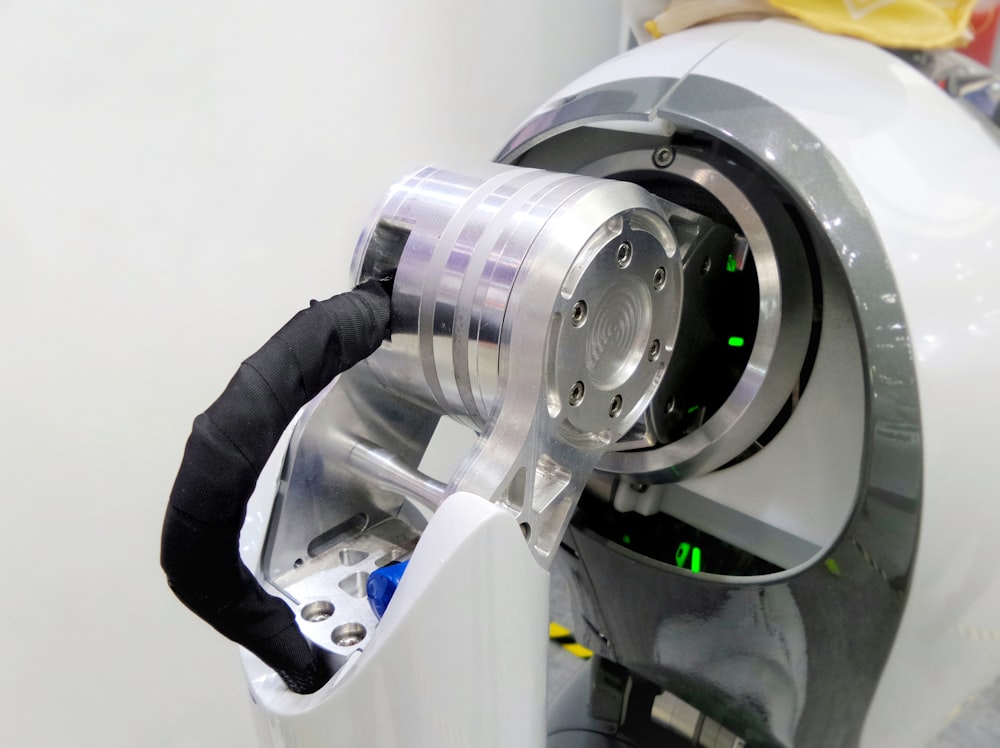Unleashing AI Potential: Innovations in Healthcare
AI’s Impact on Healthcare Diagnosis
Artificial Intelligence (AI) has made remarkable strides in the field of healthcare, transforming the way diseases are diagnosed and treated. With its ability to analyze vast amounts of medical data quickly and accurately, AI is revolutionizing the diagnostic process. Gone are the days of relying solely on human expertise; AI algorithms are now capable of detecting patterns and anomalies in medical images such as X-rays, MRIs, and CT scans with unprecedented accuracy. This not only speeds up the diagnostic process but also improves the likelihood of early detection, leading to more effective treatments and better patient outcomes.
Enhancing Patient Care with AI
Beyond diagnosis, AI is also being used to personalize patient care in ways never before possible. By analyzing a patient’s medical history, genetic makeup, lifestyle factors, and even real-time biometric data, AI algorithms can generate tailored treatment plans that take into account each individual’s unique needs and preferences. This personalized approach not only improves the effectiveness of treatments but also reduces the risk of adverse reactions and unnecessary interventions. Additionally, AI-powered virtual assistants and chatbots are helping patients manage their health outside of the clinic, providing round-the-clock support, answering questions, and reminding patients to take medications or schedule appointments.
Challenges and Opportunities in AI Adoption
While the potential benefits of AI in healthcare are undeniable, its widespread adoption is not without challenges. One of the primary concerns is data privacy and security. As AI relies heavily on access to large datasets for training and validation, there is a risk that sensitive patient information could be compromised if not adequately protected. Moreover, there is the challenge of integrating AI systems into existing healthcare workflows and ensuring that they complement, rather than replace, the expertise of healthcare professionals. Resistance to change and skepticism among clinicians may also hinder the adoption of AI technologies in some healthcare settings.
The Future of AI in Healthcare
Despite these challenges, the future looks promising for AI in healthcare. As technology continues to advance and AI algorithms become more sophisticated, we can expect to see even greater improvements in patient outcomes, cost savings, and overall quality of care. From early disease detection to personalized treatment plans and virtual health assistants, AI has the potential to revolutionize every aspect of the healthcare industry. However, to fully realize this potential, it will be essential for stakeholders to work together to address concerns around privacy, security, and ethics, while also ensuring that AI technologies are accessible and equitable for all patients, regardless of socioeconomic status or geographic location. With continued innovation and collaboration, AI has the power to transform healthcare as we know it, making it more efficient, effective, and patient-centered than ever before. Read more about Artificial Intelligence (AI)
